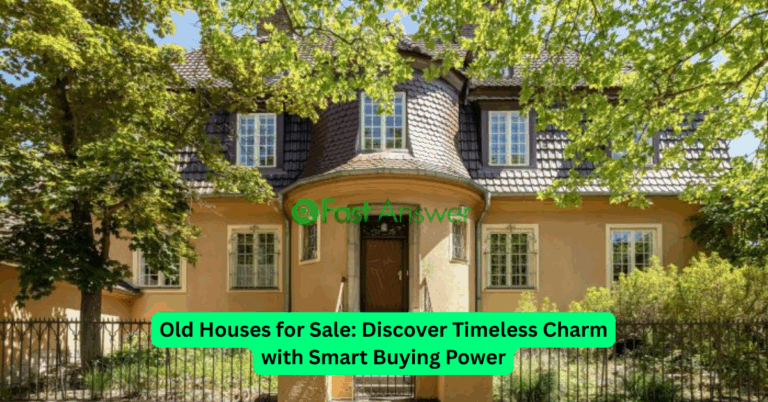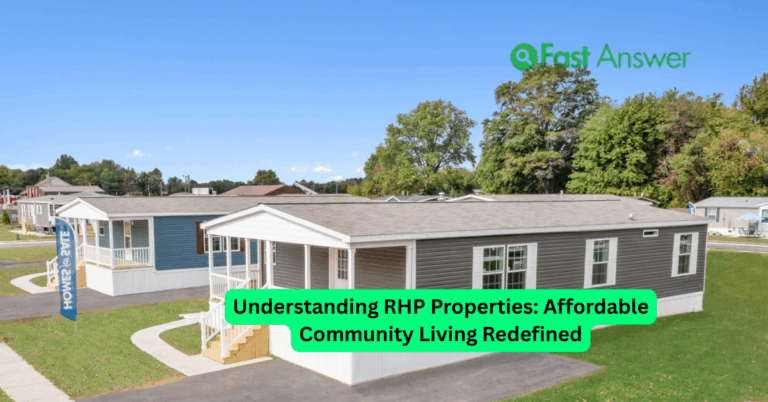Smart Home Technology Trends in Real Estate: What Buyers Want in a Connected Property
Smart home technology is rapidly transforming the real estate landscape, shifting from a luxury perk to a mainstream expectation. From voice-activated lighting to AI-driven security systems, tech-enabled homes are becoming a top priority for modern buyers. Understanding current smart home technology trends in real estate helps sellers and agents stay competitive, while providing buyers with the innovation and convenience they crave. This article highlights the most sought-after smart features in today’s housing market, offering insights into how tech adoption is influencing home value, appeal, and lifestyle integration.
Voice-Controlled and AI-Powered Living Spaces Are Leading the Way
Voice assistants like Amazon Alexa, Google Assistant, and Apple’s Siri have become cornerstones of smart home ecosystems. Buyers now look for homes that integrate these platforms seamlessly with lighting, entertainment, climate control, and appliances. AI-powered devices not only offer convenience they learn user behavior and adjust accordingly, enhancing energy efficiency and comfort.
Homes equipped with pre-installed smart hubs or voice-enabled systems often command more attention on listing platforms. For sellers, showcasing these features during showings or open houses adds a futuristic and personalized touch that resonates with tech-savvy buyers and younger generations who prioritize connected living.
Security and Surveillance Tech is Driving Buyer Confidence
Home security is one of the fastest-growing areas in smart home adoption. Buyers are increasingly drawn to properties equipped with smart locks, video doorbells, motion sensors, and mobile-controlled surveillance systems. These tools offer real-time monitoring and remote access key benefits for frequent travelers or families concerned about safety.
Features like smart garage doors and biometric access points are no longer just novelties; they’re considered valuable security upgrades. Highlighting these features in a listing can enhance buyer confidence and contribute to a higher perceived value, especially in suburban and urban properties where safety and convenience are high priorities.
Smart Thermostats and Energy Management Tools Increase Appeal
Energy-conscious buyers are actively seeking homes that can help reduce utility costs and environmental impact. Smart thermostats such as Nest, Ecobee, and Honeywell allow users to control indoor temperatures remotely, set schedules, and learn occupant behavior to optimize energy use.
In addition to heating and cooling, homes with solar panel integration, smart meters, and water-saving devices attract eco-minded buyers. These energy-efficient features not only help reduce monthly bills but also align with growing concerns around sustainability. In today’s market, green features double as smart investments both for resale value and environmental stewardship.
Connected Appliances and Kitchens Elevate Modern Lifestyles
From refrigerators that notify you when groceries are low to ovens controlled by mobile apps, smart appliances are becoming a desirable feature in modern kitchens. Buyers are increasingly interested in homes that offer a connected culinary experience, especially those who enjoy cooking or entertaining.
WiFi-enabled dishwashers, washers, dryers, and robotic vacuum systems add layers of convenience that appeal to busy professionals and families. For sellers, investing in just one or two connected appliances can make a significant impact during a showing, setting your listing apart with a polished and modern edge.
Home Automation and Integration Are Now Expected Standards
Buyers today are looking for homes that offer seamless control over multiple systems from a single interface. This includes lighting, climate, entertainment, and even irrigation systems all accessible via smartphones or tablets. Full home automation is especially appealing in luxury properties but is rapidly becoming a standard expectation in mid-range markets as well.
Centralized smart systems like Control4 or Savant offer unified control over every aspect of the home. Even more budget-conscious options, such as Samsung SmartThings or Apple HomeKit, are catching attention. These systems not only improve daily convenience but also enhance long-term functionality and future-proof the property for evolving technologies.
FAQ
1. Do smart home features increase property value?
Yes, homes with integrated smart technology often sell faster and may command higher prices, especially when marketed effectively.
2. What are the most requested smart home features by buyers?
Smart thermostats, security systems, voice control, and energy-efficient lighting are among the top features buyers request.
3. Are smart homes more expensive to maintain?
Not necessarily. Many smart devices are designed to reduce energy consumption and lower long-term utility costs.
4. Can I retrofit smart technology into an older home?
Absolutely. Most smart home devices are designed for easy installation and can be added to existing systems without major renovations.
5. Are smart home systems secure from hacking?
While no system is immune, using secure networks, strong passwords, and regularly updating firmware can significantly reduce risk.

